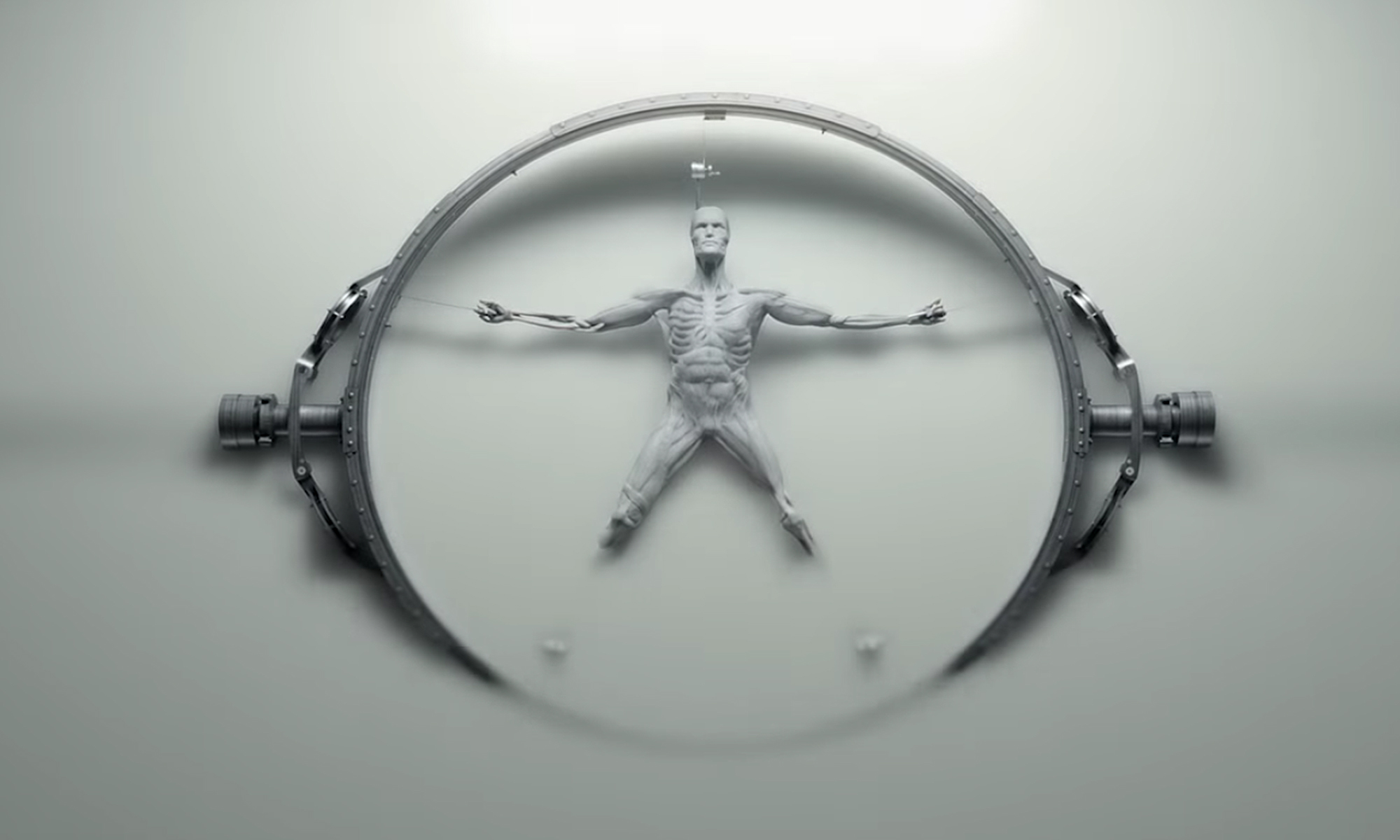Focus your energy by setting a goal for yourself this semester. This goal doesn’t need to be technical, but it does need to be SMART:
S – Specific
- What exactly do you want to achieve? Why do you want to achieve it? HOW will you achieve it? Be specific.
M – Measurable
- How will you track your progress? How will you know when you have achieved your goal? What is the concrete evidence of success?
A – Attainable
- Is this goal something that you can realistically achieve in the defined time frame?
R – Relevant
- The goal must be important to you, right now. Decide on something that’s meaningful to you.
T – Timely
- Give yourself a deadline – for you, it’s the end of the semester! Select a goal that can realistically, measurably be achieved within the next 10 weeks.
SMART goals are very specific (for example: “I want to learn more about the digital media programs” becomes “I want to become more adept at using the gradient mask tool in Illustrator by the end of the semester. I will do so by completing the following tutorials, and working on a final image to be included in my digital media portfolio.”)
S – Specific
- My goal for this semester is to dedicate myself on completing the DMC challenges and becoming more familiarized with the tasks performed at this area
M – Measurable
- The mid-semester and end semester feedbacks will be an effective and reliable way of measuring my success.
A – Attainable
- I’ll be taking enough hours at the DMC in order to achieve my goal.
R -Relevant
- It’s definitely relevant for my professional career as I will learn extra skills. Furthermore, it will help me on becoming a more flexible worker at The commons, since I’ll be more than fit to work either at the DESK or DMC.
T – Timely
- I feel like an entire term gives me more than enough time to complete all of the challenges and learn many of the intricacies involved in the area.
